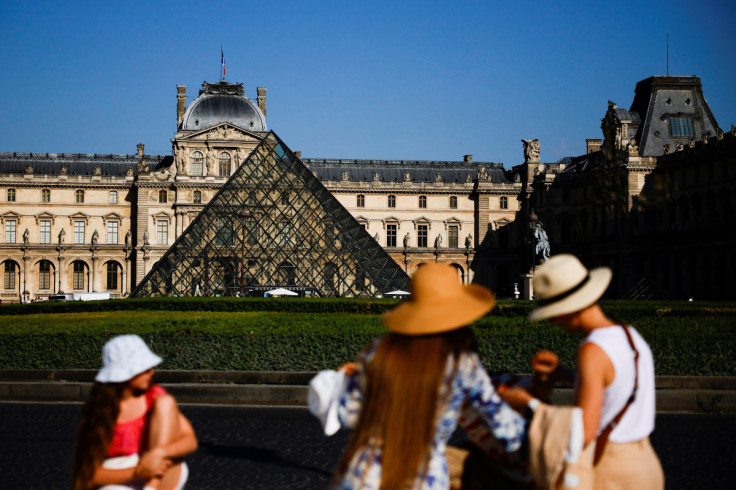
A daylight robbery at the Louvre Museum in Paris has stunned France after thieves stole a collection of historic jewels from the Galerie d'Apollon. The theft, which took place on Sunday 19 October, forced the museum to close temporarily as police and forensic teams secured the site. Visitors were evacuated while investigators examined the gallery where the jewels were taken, prompting fresh scrutiny of how well the world's most-visited museum protects its treasures.
The incident has shaken public confidence in cultural security and reignited debate about how major European museums can safeguard heritage in an era of sophisticated crime. French officials described the operation as fast and highly organised, with the perpetrators targeting one of the most symbolic spaces within the Louvre.
Authorities confirmed that the museum's closure was a precautionary measure while forensic teams worked through the night. Officials stressed that the Louvre would reopen once the site was secure and new safety measures were in place.
Louvre Closure and Police Response
Within hours of the robbery, the Louvre announced on its official social media channels: 'The Louvre Museum will remain closed today for exceptional reasons.' Visitors were urged to stay away as the area was cordoned off for investigation.
Interior Minister Laurent Nuñez said the theft lasted only four minutes and involved access through a river-facing window in the Apollo Gallery, according to the Associated Press. Culture Minister Rachida Dati confirmed that no one was injured but described the loss as 'inestimable'. Police teams worked alongside museum staff to preserve evidence and catalogue the damage.
Officials later clarified that the closure was temporary and part of the investigation. The museum is expected to reopen once security upgrades are verified, with tighter visitor screening and reinforced access controls across key galleries.
The Stolen Jewels and Gallery Significance
The Galerie d'Apollon contains some of France's most valuable crown jewels, including pieces once owned by Napoléon I and Napoléon III. Among the stolen items were tiaras, brooches, necklaces and earrings set with diamonds, emeralds and sapphires. The Regent Diamond, one of the gallery's centrepieces, was confirmed to be untouched. President Emmanuel Macron called the robbery 'an attack on heritage we cherish because it is our history', according to Reuters.
Investigators believe the thieves entered through an upper window using a truck-mounted lift and power tools, in what police described as a professional and well-planned operation. Security reviews are now under way at the Louvre, particularly in areas overlooking the Seine, as officials examine how such an audacious theft was possible despite modern monitoring systems, according to Al Jazeera.
⚠️🇫🇷 Le musée du Louvre restera fermé aujourd'hui pour raisons exceptionnelles.
— Musée du Louvre (@MuseeLouvre) October 19, 2025
∴
⚠️🌍 The Musée du Louvre will remain closed today for exceptional reasons. pic.twitter.com/bFY1hRaW5k
— Jakub Michalek (@jimmymichalek) October 19, 2025
— Amir Kolgjini (@Kolgjini_Amir_) October 19, 2025
Investigation and Security Concerns
Police at the scene of the heist at the Louvre opened an investigation into organised theft, and officials say they are compiling a detailed list of the stolen objects while reviewing surveillance footage inside and around the building. The museum closed for the day of the robbery and has not announced a full shutdown, although enhanced security checks and possible partial restrictions are under discussion.
The Louvre said it is cooperating fully with law enforcement and expects normal operations to resume shortly.
Although the closure is temporary, the theft has far-reaching implications for cultural security and public confidence. The loss from the Galerie d'Apollon has exposed weaknesses within one of the world's most celebrated museums and prompted calls for stronger safeguards to protect art and heritage from an era of increasingly audacious crime.







